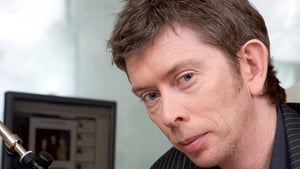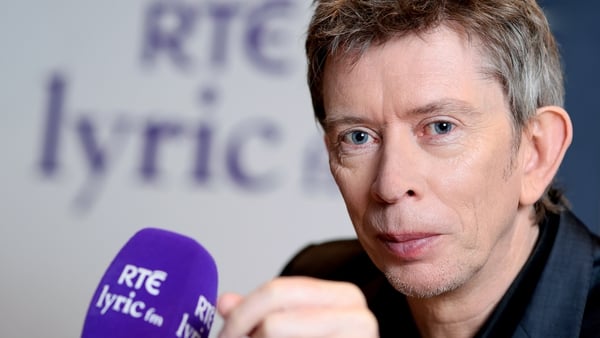I was cornered some years ago at a function in Belfast by a man who was clearly intent on rising a row.
"I saw your programme the other night," he said. "And I have to say it wouldn't be my cup of tea."
Having first commended him for his remarkable capacity to stay up late enough to see it, I thanked him for his kind words and smiled, sort of – implacable courtesy always being the best approach.
"It was an interview," he said, "with some woman. Some kind of artist."
Unfortunately he couldn’t be any more specific about either the artist or the art, but he wasn’t the sort of man to be halted by his own deficiencies.
It was, he said, "a load of shite" and he then informed me, based on nothing that he could quite put his finger on, that art was of no interest to "the ordinary man in the street."
Next thing, wouldn’t you just know it, he was doing the old "tear down the art gallery and build a hospital" routine.
"And you know what I think about you?" he said, as if in conclusion.
I gave a little sigh and braced myself for the coup de grâce that was already developing in the form of boozy burps.
"I reckon," he said with an actual sneer, "that you’re very high-brow" – the Belfast accent adding a further layer of distain to what was intended as career-ending tackle.
"High-brow?"
To be perfectly honest I’ve been called a lot worse, and I couldn’t help thinking that if this guy thought I was "high-brow" then he really out to get out more. I could think of a few people off the top of my head who would make his eyes water. But then again, maybe I was "high-brow" compared to him.
I was thinking about this encounter recently when I interviewed the philosopher Alva Noë – professor of philosophy at the University of California, Berkeley. His latest book The Entanglement: How Art and Philosophy Make Us What We Are takes a close look at how life and art are actually inseparable – which is the worst possible news for yer man in Belfast.
We need your consent to load this YouTube contentWe use YouTube to manage extra content that can set cookies on your device and collect data about your activity. Please review their details and accept them to load the content.Manage Preferences
Watch: Alva Noë on The Entanglement: How Art and Philosophy Make Us What We Are
Art, Noë argues with great clarity, is not some sort of late addition to the human repertoire. In fact human nature is itself the very stuff of art, and this is precisely the reason we need it.
I’ve never liked the terms high-brow, middle-brow and low-brow. They entail judgements based on what certain people think the rest of us are capable of. And "what does it mean to the ordinary man in the street?" is a line really sticks in my craw.
Art, says Alva Noë, belongs to our basic character as human beings. It's not a product of human history, it’s one of its basic conditions.
I grew up in a working class family on an Enniskillen housing estate full of "ordinary men and women on the street" and that’s where I first heard everything from opera to The Bothy Band.
It’s where Ben Kiely was the voice of Sunday morning, where the "good bits in the paper" were poems by Seamus Heaney or a short story by John McGahern.
It’s where I discovered Joyce, Beckett, Billie Holiday and John Coltrane just by sitting on the sofa and watching the tele. It was Jimmy Cagney movies, Boys from the Blackstuff and Top of the Pops.
So don’t ever give me that "ordinary man in the street" guff. And don’t ever dismiss creative work as "high-brow" or any other kind of "brow" simply because it’s something that you don’t happen to "get."
Art, says Alva Noë, belongs to our basic character as human beings. It’s not a product of human history, it’s one of its basic conditions.
He quotes Robert Filliou and you can paint this on the wall.
"Art is what makes life more interesting than art."
Mystery Train with John Kelly, RTÉ lyric fm, Mon - Thu @ 7pm - listen back here.


